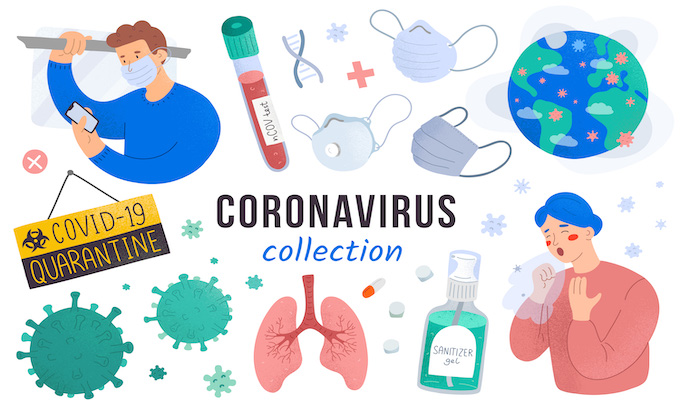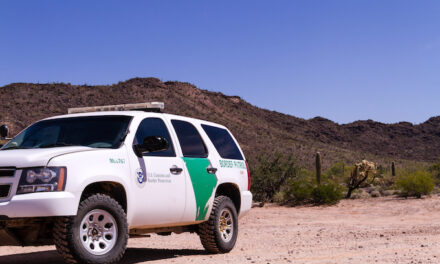The coronavirus was apparently present in Massachusetts in late December 2019 when people were attending Christmas gatherings and New Year’s Eve parties, well ahead of the state Department of Public Health reporting the first official COVID case in February.
That new evidence of early coronavirus infections in Massachusetts — and in four other U.S. states — was revealed on Tuesday by the National Institutes of Health.
Researchers analyzed more than 24,000 stored blood samples across all 50 states between Jan. 2 and March 18, 2020, and they detected antibodies in nine participants’ samples.
The first positive samples came from participants in Illinois and Massachusetts on Jan. 7, 2020, and Jan. 8, 2020, “suggesting that the virus was present in those states in late December,” according to the National Institutes of Health.
It wasn’t until weeks later, on Feb. 1, when the state Department of Public Health announced that a UMass Boston student returning from Wuhan, China, was the first confirmed COVID-19 case in Massachusetts.
Then in late February, Biogen’s conference in Boston triggered a COVID superspreader that infected an estimated 300,000 people, according to a scientific study that was published 10 months later.
In the NIH study, researchers looked in participant samples for a type of antibodies called IgG. These antibodies do not appear until about two weeks after a person has been infected, indicating that participants with these antibodies were exposed to the virus at least several weeks before their sample was taken.
“Antibody testing of blood samples helps us better understand the spread of SARS-CoV-2 in the U.S. in the early days of the U.S. epidemic, when testing was restricted and public health officials could not see that the virus had already spread outside of recognized initial points of entry,” said Keri Althoff, lead author of the NIH study and associate professor of epidemiology at the Johns Hopkins Bloomberg School of Public Health.
In addition to Massachusetts and Illinois, positive samples came as early as January from participants in Mississippi, Pennsylvania and Wisconsin. The participants were from outside the major urban hot spots of Seattle and New York City, believed to be key points of entry of the virus in the U.S.
“This study allows us to uncover more information about the beginning of the U.S. epidemic and highlights the real-world value of longitudinal research in understanding dynamics of emerging diseases like COVID-19,” said Josh Denny, an author of the study.
The authors do not know whether the participants with positive samples became infected during travel or while in their own communities.
___
(c)2021 the Boston Herald
Visit the Boston Herald at www.bostonherald.com
Distributed by Tribune Content Agency, LLC.
—-
This content is published through a licensing agreement with Acquire Media using its NewsEdge technology.



















As the Left despairs that lockdowns can’t be retroactive.
I wonder, those who ‘showed signs of it’, DID ANY OF THEM recently come back From china?!
Maybe we should rename the covid virus the Fauci virus, after all Dr. Fauci funded the Wuhan Lab and the gain of function research that he (Fauci) supported.
I’m pretty sure that my mom had COVID in December 2019. She had all the symptoms, she was in the hospital and they had NO idea what was wrong with her. They knew it wasn’t flu, pneumonia, etc. but they couldn’t ID it at all.
I hoped she got better…